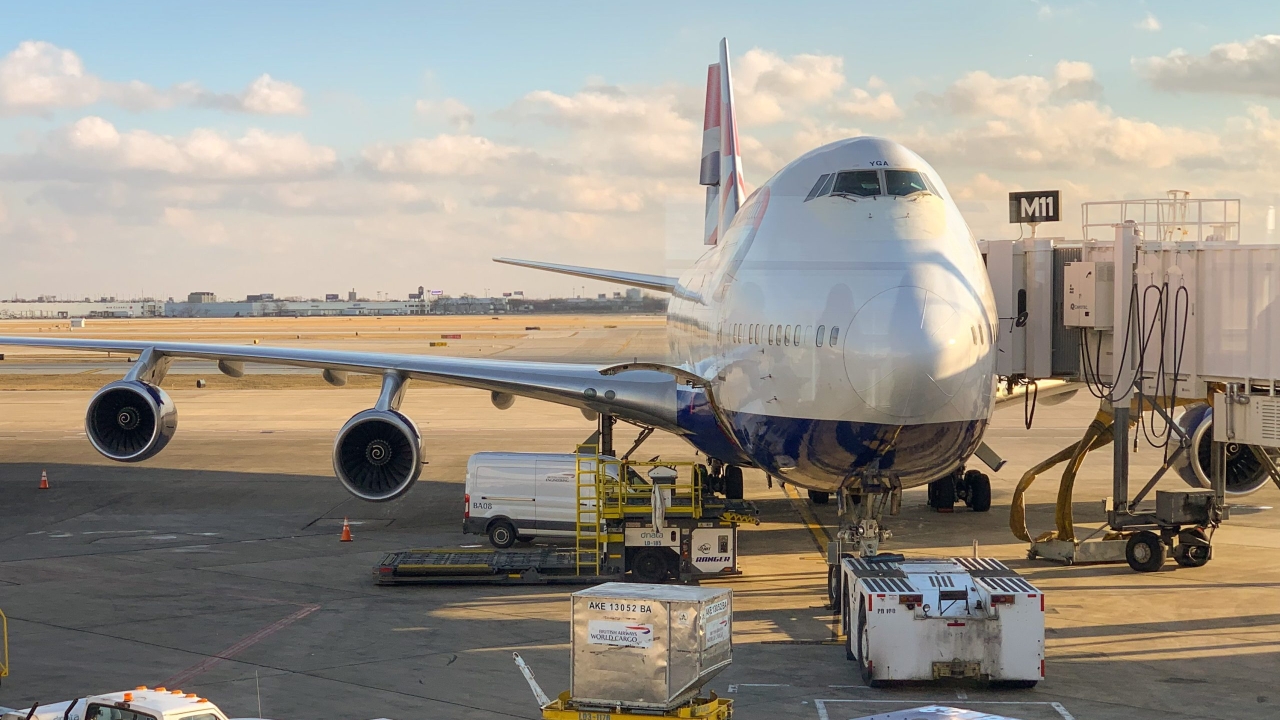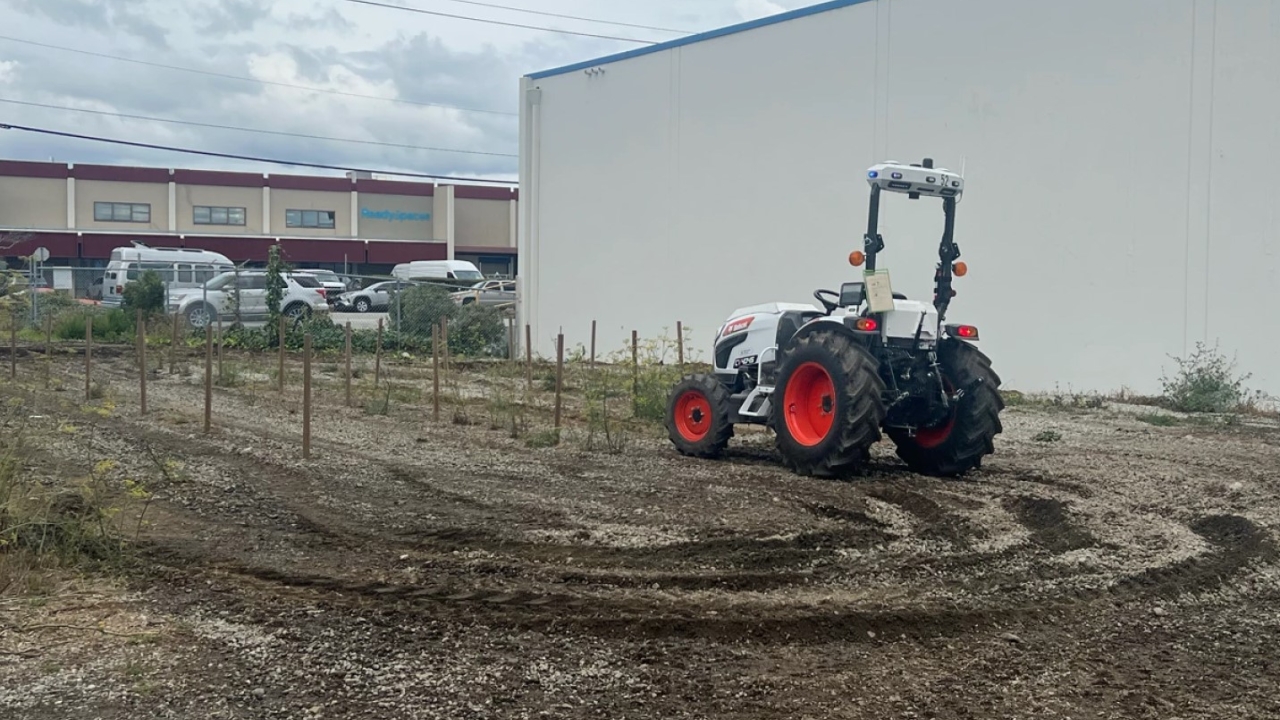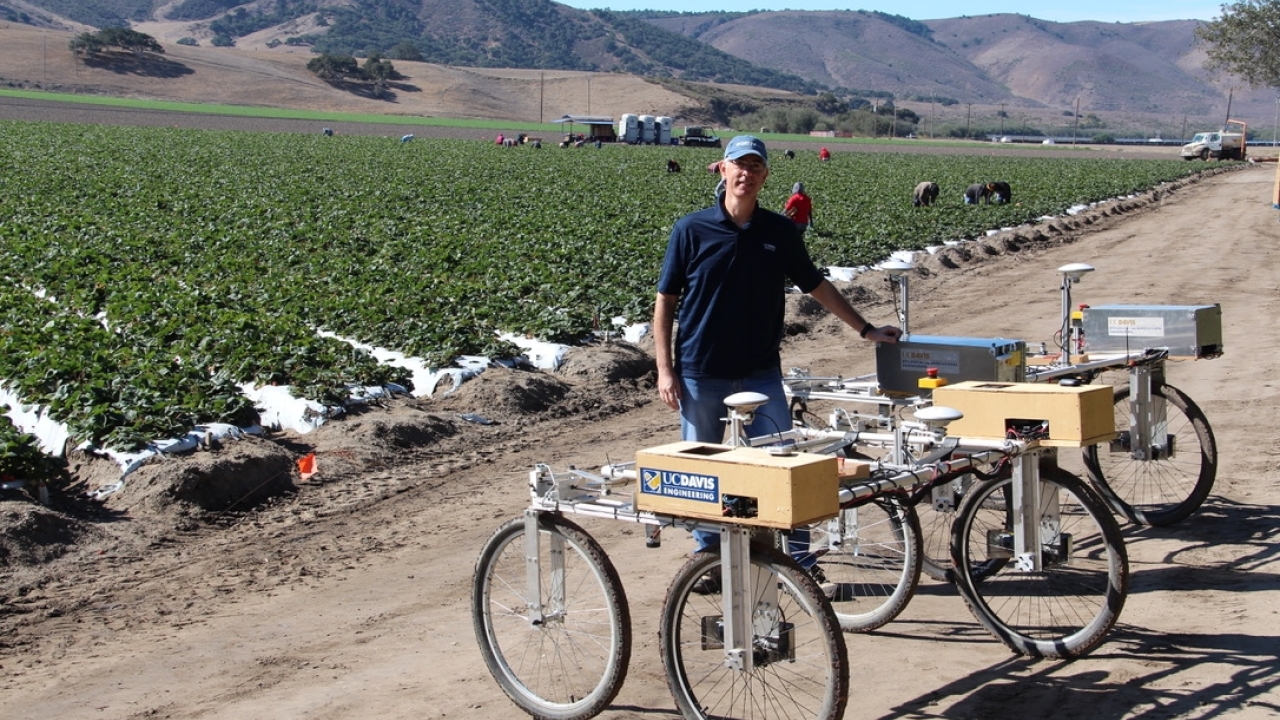
A Nudge Toward Greener Flying
One simple trick to lower our carbon footprint
Air travel now accounts for about 3% of worldwide greenhouse gas emissions, and the sector’s emissions are rising: Global air travel more than doubled from 2004 to 2019. This is literally a first-world problem — most people on Earth fly rarely, if ever. By some estimates, the 1% of humans who fly most often are responsible for half of all air travel emissions.
The good news is that even small changes in the behavior of those of us who do fly a lot (and the organizations that employ us) can have a noticeable impact on emissions. We’ve been researching how changes to the websites consumers use to purchase airline tickets could guide them toward lower-emissions travel decisions. This research has turned out to be very timely. About a year ago, Google Flights added emissions information to its flight search interface, and our research suggests that this addition could have a small, but consequential, effect on global air travel emissions.
Posting emission information is not a panacea. Eventually, air travel will have to be cleaned up, but aviation is one of the most difficult sectors to decarbonize. Airlines are already buying some electric planes for short hops, investing in biofueled aircrafts for longer hauls, and hydrogen is a possibility in the longer term — but most benefits from these investments will come in the future. In the meantime, personal choices to “fly greener” can reduce individual and institutional carbon footprints and, in turn, encourage airlines to provide “greener” flights.
Media Resources
This article originally appeared in Transfers Magazine.
Transfers Magazine is the biannual research publication of the Pacific Southwest Region University Transportation Center (PSR), a federally-funded network of eight partner campuses in Arizona, California and Hawaii. The magazine publishes digital issues in the spring and fall, featuring condensed, accessible versions of peer-reviewed research articles previously released in academic journals. Articles cover a wide range of transportation topics and are written by faculty, staff and students from the PSR campuses and around the region.




